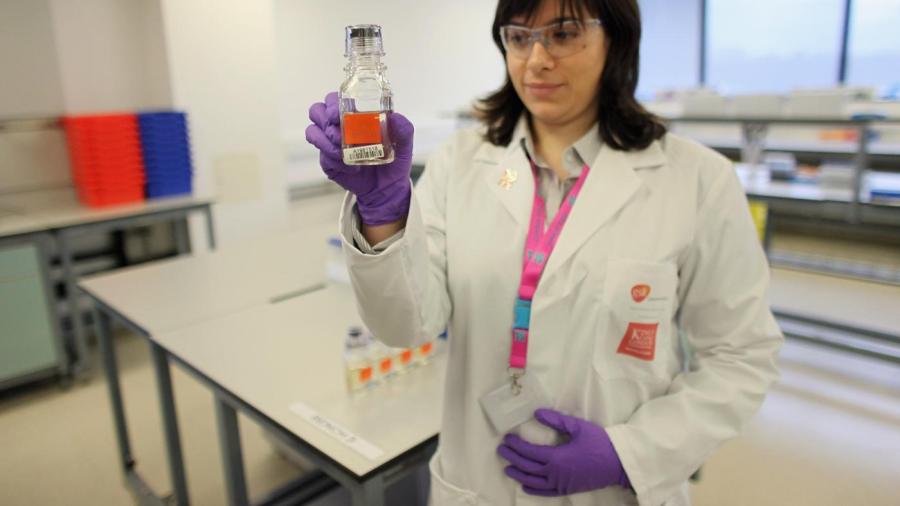What Can Cause Concentrated Urine?

Concentrated urine has a dark brownish appearance, whereas normal urine has a yellowish appearance. The brown discoloration of urine is as a result of health conditions, such as jaundice, gallstones, liver cancer, porphyrias, sickle cell anemia, heart disease, renal arterial stenosis, alcohol liver disease, pancreatic cancer, yellow fever and renal cell cancer.
Dehydration, heatstroke and heat exhaustion also cause the urine to turn brown. Medications such as antibiotics, antimalarial drugs, chemotherapy drugs and laxatives can also lead to the increased concentration of urine. The same occurs if you eat certain foods, such as berries, fava beans and beets.
Kidney disease or failure, bladder stones, bleeding disorders and bleeding into the urinary tract are all conditions that increase the concentration of urine.
Concentrated urine may accompany a variety of symptoms depending on the health condition or disease. These symptoms can be smelly urine, frequent urination, abdominal pain, fever, nausea, feeling thirsty and loss of strength. Concentrated urine also signifies an underlying life-threatening condition. If not remedied, this may result in severe complications, such as kidney failure, liver failure, anemia and the spread of cancer or infection.
To prevent the increased concentration of urine, most doctors recommend drinking plenty of water and fresh juices.





